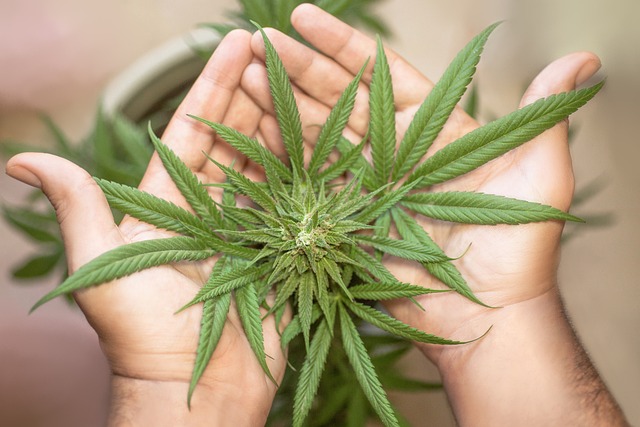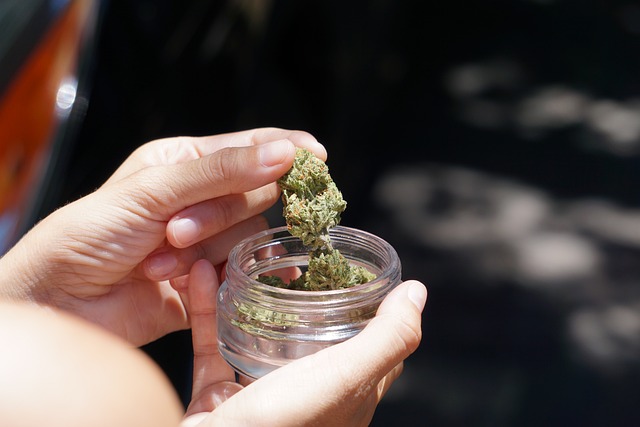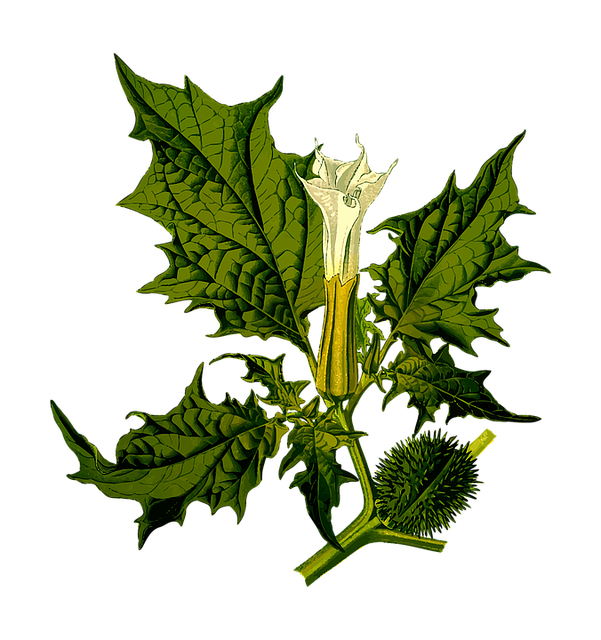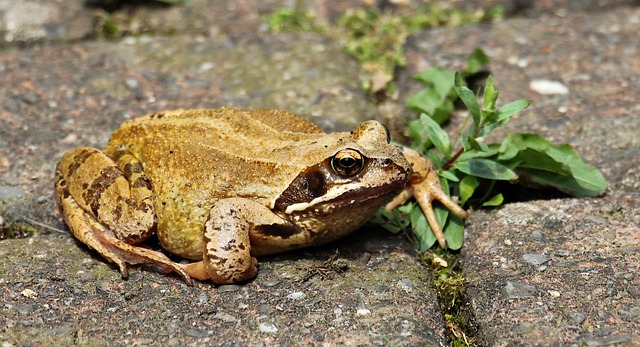As of the latest legal updates, THCA (tetrahydrocannabinolic acid), the non-psychoactive precursor to THC, is legally distinct from its psychoactive form. In South Carolina, THCA derived from hemp containing less than 0.3% delta-9-THC is legal under the guidelines set by the 2018 Farm Bill. This distinction allows for a market in South Carolina for hemp-derived THCA flower, which must be purchased through legitimate channels to comply with legal THC content limits. Conversely, cannabis-derived THCA remains federally illegal but is allowed for medical use in South Carolina under strict regulations that require a physician's recommendation, controlled cultivation, and adherence to state guidelines for THC concentration levels. The handling of THCA flower is subject to rigorous controls, including secure growth conditions, detailed record-keeping, and transparent labeling to ensure safety and prevent diversion. This legal distinction has sparked interest in THCA's therapeutic potential, with consumers exploring its anti-inflammatory and neuroprotective properties for health benefits like pain relief and improved sleep quality. As such, THCA is gaining recognition as a valuable addition to the health and wellness market in South Carolina, with ongoing research evaluating its medicinal applications and potential as a natural alternative to opioids.
Exploring the nuances of THCA flower legality and utilization in South Carolina, this comprehensive article navigates the intricate landscape of its cultivation, effects, market dynamics, and future trends. With a focus on staying within legal parameters, we delve into practical tips for storing, preserving, and using THCA flowers, ensuring consumers are well-informed and compliant. Whether you’re new to THCA or seeking to deepen your understanding, this guide provides valuable insights into the various strains available legally in South Carolina and their terpene profiles, as well as safety considerations for responsible use. Join us as we demystify the world of THCA flower legality and use in the Palmetto State.
- Understanding THCA Flower Legality in South Carolina: A Comprehensive Guide
- Cultivating and Handling THCA Flower Within Legal Boundaries in South Carolina
- The Effects of THCA Flower: Benefits and Usage in South Carolina
Understanding THCA Flower Legality in South Carolina: A Comprehensive Guide

Navigating the legality of THCA flower, particularly in South Carolina, requires a clear understanding of state and federal laws. As of the knowledge cutoff date, THC-A (tetrahydrocannabinolic acid), the non-psychoactive precursor to THC found in raw cannabis or hemp plants, is legal in South Carolina under certain conditions. The 2018 Farm Bill legalized hemp and its derivatives, which include THCA, provided they contain less than 0.3% delta-9-THC. This legislation paved the way for a new market for hemp-derived products, including flower rich in THCA.
However, it’s crucial to differentiate between hemp-derived THCA and cannabis-derived THCA. Cannabis remains a controlled substance under federal law and is illegal in South Carolina except for certain medical uses. Hemp-derived THCA products are legal as long as they adhere to the 0.3% THC limit and are sold through lawful channels. Consumers must be vigilant about where their THCA flower comes from to avoid violating state laws. It’s also important for individuals to stay informed, as laws can change, and local regulations may differ. Always refer to the latest updates from the South Carolina State Legislature or consult with a legal professional for the most current information on THCA legality within the state.
Cultivating and Handling THCA Flower Within Legal Boundaries in South Carolina

In South Carolina, the cultivation and handling of THCA flower are governed by state laws that have undergone significant changes in recent years. As of the knowledge cutoff date, the South Carolina Legislature legalized medical cannabis, including forms with THCA, a non-psychoactive cannabinoid found in raw cannabis plants. However, it’s crucial to stay updated on these regulations as they can evolve, and only specific strains and amounts are permitted for medical use under a physician’s recommendation. For those interested in cultivating THCA flower within legal boundaries, it’s essential to adhere strictly to the state’s guidelines, which may include obtaining a medical cannabis card and purchasing seeds or clones from licensed dispensaries. Cultivation must take place in a secure, enclosed environment, and growers must ensure that their plants do not exceed the legal THC concentration limits set forth by the state.
Handling THCA flower also requires careful attention to legal detail. South Carolina’s laws dictate that the handling of these flowers, including processing, storage, and transportation, must comply with strict regulations designed to prevent diversion and ensure patient safety. Processors and handlers must be licensed and follow proper protocols to preserve the integrity of the THCA flower from cultivation to sale. It’s also important for handlers to keep detailed records and adhere to labeling requirements that provide transparency about the product’s origin, content, and potential effects. As the legal landscape around cannabis products continues to shift, staying informed and compliant is key for anyone involved in the cultivation or handling of THCA flower in South Carolina.
The Effects of THCA Flower: Benefits and Usage in South Carolina

In South Carolina, the landscape of cannabis legality has evolved, with THCA flower emerging as a notable focus due to its potential benefits and legal status. The acronym THCA stands for tetrahydrocannabinolic acid, which is the raw form of THC found in cannabis plants. Unlike its psychoactive counterpart THC, THCA is non-psychoactive but is gaining attention for its therapeutic properties. In South Carolina, where THCA is legal, consumers and patients are exploring its potential benefits, which include anti-inflammatory and neuroprotective effects, without the psychoactive side effects typically associated with cannabis use. Users often consume THCA flowers through various methods such as smoking or vaporizing, and it’s being integrated into wellness routines for its purported health benefits, including pain relief and support for the body’s endocannabinoid system.
The legalization of THCA flower in South Carolina has opened up avenues for research and exploration into its medicinal potential. Studies are ongoing to further understand how THCA interacts with the human body, particularly in areas like pain management, where it shows promise as a natural alternative to opioids. Additionally, THCA is being examined for its potential role in promoting overall well-being and improving sleep quality. As South Carolina continues to refine its regulations surrounding cannabis products, THCA flower stands out as a beneficial addition to the health and wellness market within the state, offering users an alternative with distinct advantages over other cannabinoids.
In conclusion, the landscape of THCA flower legality in South Carolina is clear yet nuanced. Residents interested in exploring the potential benefits of THCA flowers must navigate the law with care to remain compliant. Cultivation and possession within legal parameters are key for those within the state’s borders. As more research emerges, the understanding and use of THCA flower may evolve further, but as it stands, staying informed on the current regulations is crucial for anyone considering its use in South Carolina. With this guidance, individuals can engage with THCA flowers legally and responsibly, embracing their potential within the confines of the law.
